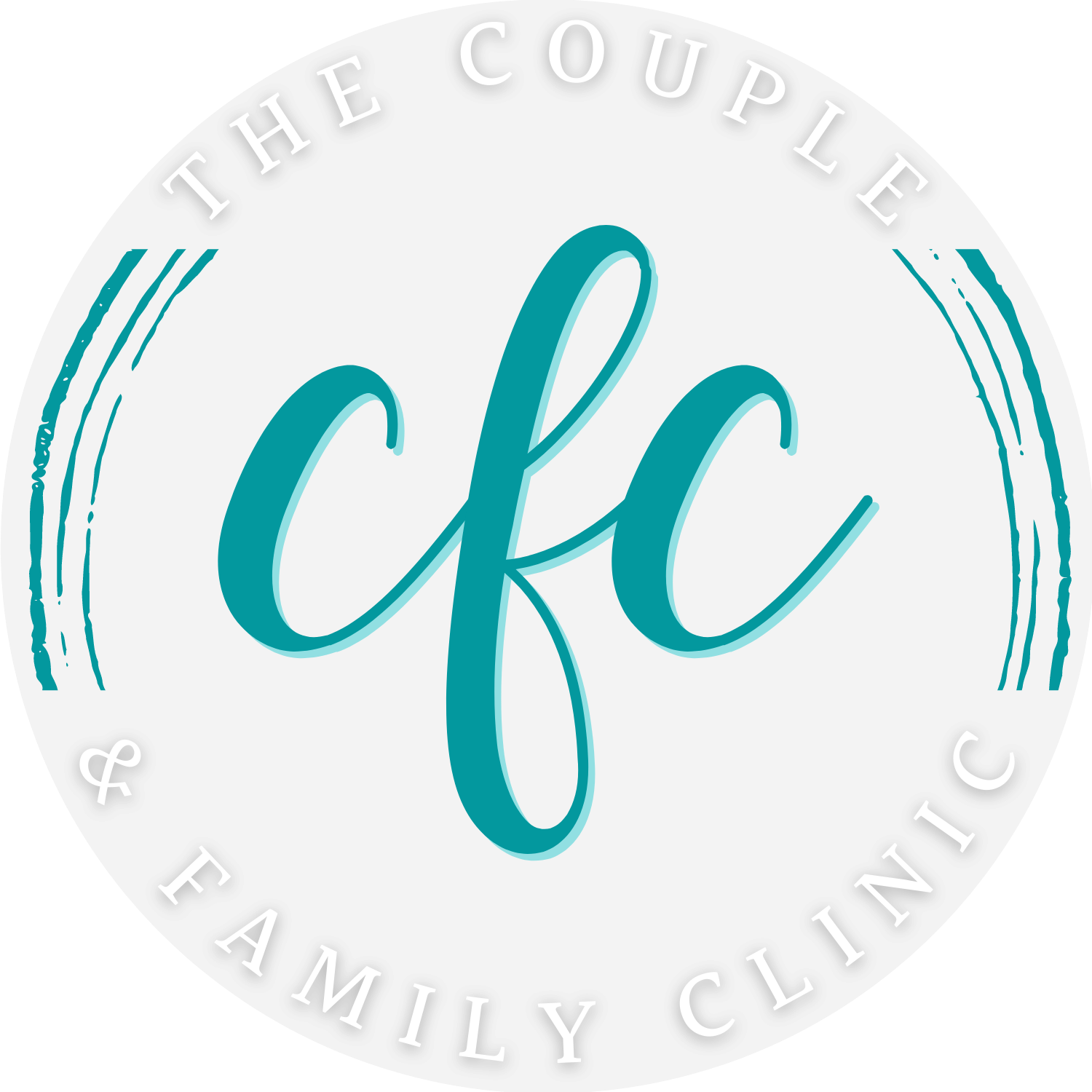Suicide prevention in families
Our families are precious to us. There are certain memories in families that warm our hearts. These memories keep us strong, longing for connection and valuing one another. Your family can be rich in generosity, abundant in love, great at forgiveness, and full of hospitality. When your family gather, you can feel the connection. It’s like that saying of taking a deep breath and kicking off your shoes. Oh, families are so precious.
However, our families are also subject to hurt, pain, disappointment, generational patterns, sibling and parental conflict, loss, chaos and disconnection. We can feel the disappointment and pain just as deeply as we feel the love and hospitality. Unfortunately, there is no family that hasn’t experienced some level of pain and disappointment. We have come to understand that in those trying moments, we are better standing together, then we are standing apart.
There is something about being close to someone you love, but yet not knowing they are suffering. When loss by suicide happens in families, one of the thoughts that we try to make sense of is that the person was suffering and we did not know it. We often hear statements that say, “I just talked to that person and they did not say a thing.” “Why didn’t they say something.” “I had no idea.” These are all statements that indicate that there was a close relationship, but yet there was a lack of knowing the secret pain of another no matter how close.
Suicide is a leading cause of death in the United States. According to the CDC, over 49,000 people died by suicide in 2022. That is one death every 11 minutes. Suicide impacts people of all races, SES backgrounds, families, friends and communities. There is great stigma surrounding mental health, which increase the feelings of isolation, hopelessness and secretiveness.
Dying by Suicide is one of the most devastating events that can take place in a family. I encourage families who have experienced this level of loss to do great self-care by finding a licensed therapist to discuss their loss, and to attend family group therapy.
There are risk factors and protective factors to be aware of:
Major Risk factors:
- Prior suicide attempt (s)
- Misuse and abuse of alcohol or other drugs
- Mental disorders, particularly depression and other mood disorders
- Access to lethal means
- Knowing someone who died by suicide, particularly a family member
- Social isolation
- Chronic disease and disability
- Lack of access to behavioral health care
Risk factors can vary across groups:
- Stress resulting from prejudice and discrimination (family rejection, bullying, violence) is known risk factor for suicide attempts among (LGBT) lesbian, gay, bisexual and transgender youth.
- Historical trauma suffered by Indigenous people contributes to the high suicide rate in this population.
- For men in the middle years, stressors that challenge traditional male roles, such as unemployment and divorce, have been identified as important risk factors.
-
It is also important to know the protective and precipitating factors so that you can build on them in the family.
Protective Factors:
Protective factors are personal or environmental characteristics that help protect people from suicide.
- Effective behavioral health care
- Connectedness to individuals, family, community, and social institutions
- Life skills
- Self-esteem and sense of purpose or meaning in life
- Cultural, religious, or personal beliefs that discourage suicide
Precipitating factors and warning signs:
Precipitating factors are stressful events that can trigger a suicidal crisis in a vulnerable person.
- End of relationship or marriage
- Death of a loved one
- An arrest
- Serious financial problems
If you or anybody else is in need of help please don’t hesitate to call these numbers below:
1(800) 662-HELP(4357)
988 Suicide and crises lifeline (call or text 988)or chat (988lifeline.org)
1(800) 273-Talk(8257)
Nami Help Line 1(800) 950-6264






